The Art of Intimate Connection
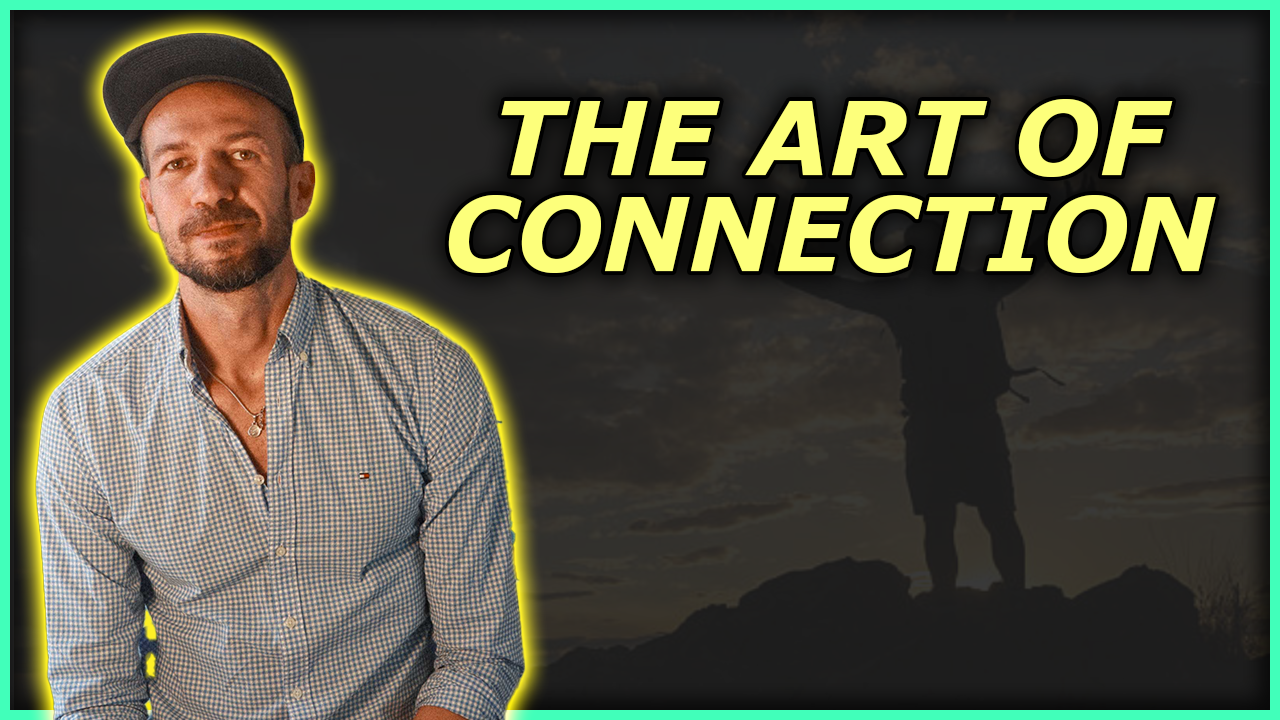
This week, we take another perspective on the journey to one of, if not the, biggest hurdles for men in chemsex recovery, intimate connection. The path to rediscovering genuine intimacy and connection can feel daunting, especially when substances have been your bridge to physical encounters for so long.
Our guest this week, Zari, has created a book of intimacy games titled "Play With Me," designed to help people slow down and truly connect. Their discussion addresses a critical truth: many of us were never taught how to connect authentically.
We learned how to hook up, how to perform, even how to navigate apps like Grindr—but not how to soften, repair, or genuinely meet another person.
As you work through this guide, remember that healing isn't linear. You're not broken for finding sober intimacy difficult. You're simply learning a new language, and like any language, it takes practice, patience, and a willingness to make mistakes.
Core Themes to Explore
The Emptiness of Transactional Sex
When we're using substances, sex often becomes a transaction. As Dallas describes it, you meet someone, immediately get naked at the door, exchange the pipe or the G, and get going.
It feels like connection in the moment—especially on substances like G or meth—but it's not real connection. You're not connected to yourself, let alone the other person.
Many of us kept returning to this pattern not because it was fulfilling, but because we didn't know there was another way.
Zari shares his own experience of meeting people for hookups that left him feeling empty afterward, as if they never really met at all. This emptiness is a signal, not a failure. It's your authentic self telling you that you're capable of more, that you deserve more.
The Performance Pressure of Sober Sex
One of the biggest fears in early recovery is the anxiety around sober sex.
Without substances to quiet your mind, everything feels amplified. You might feel pressure to get hard, pressure to perform, pressure to come, pressure to be enough. Your anxieties are no longer muted, and that can feel overwhelming.
For those coming out of meth addiction specifically, there's also the physical reality that you might not be able to achieve an erection at first. And then, when your libido does return, it can trigger cravings to use again. This creates a complicated cycle where the very thing you're trying to heal feels like a minefield.
This is why the concept of intimacy games is so powerful. Instead of diving straight into performance-based sex, you're given a structure, a roadmap to follow that takes the pressure off. You and your partner are literally on the same page, working through something together rather than trying to mind-read what's expected.
Slowing Down to Feel Again
In a culture that glorifies instant gratification, the idea of slowing down can feel counterintuitive.
But as Zari explains, when you take time to simply sit with someone—wearing nothing but underwear, hand on each other's chest, staring into each other's eyes for two to three minutes—something shifts. You begin to feel their heartbeat. They feel yours. Time stops.
This "preheating the evening," as Zari calls it, allows your nervous system to relax.
It gives your body permission to respond naturally rather than frantically. It creates space for an erection to come when it's ready, for arousal to build organically, for actual desire to emerge rather than just going through the motions.
Redefining What Sex Can Be
Perhaps the most revolutionary idea in this conversation is that sex doesn't have to look the way we've been conditioned to think it should.
What if intimacy could start with a game of strip dominoes? What if you could explore someone's body with just your breath? What if you didn't exchange photos beforehand and instead allowed destiny to surprise you?
Zari suggests that by entering with curiosity rather than rigid expectations, we open ourselves to unexpected pleasures.
That person who doesn't match their photos might turn out to be exactly what you need. By not asking for photos, by trying something playful, you're making your experience richer and more interesting.
The Willingness to Believe It's Possible
Here's where the real work begins: in your mindset.
If you're constantly telling yourself that nobody will want to play games with you, that everyone just wants to fuck, that real connection is impossible on apps—you're closing yourself off to possibilities. Your beliefs become self-fulfilling prophecies.
But when you shift to questions like "How can I find someone to enjoy this with me?" or "How can I find a partner on the same page?"—the universe responds differently.
Zari notes that about one in five people are willing to try something different, to experiment with intimacy games. Those are actually pretty good odds when you think about it.
Moving Forward: Practical Wisdom
Start Where You Are
You don't have to have it all figured out. You don't need to be "fixed" before you pursue connection. Your healing will happen through connection, not before it. As Zari's experience shows, trying these games, experimenting with new approaches—that's part of the healing process itself.
Reframe Rejection as Redirection
Not everyone will be interested in slowing down or trying something different. That's okay. As Dallas notes, when someone isn't a match for what you're seeking, the universe is redirecting you toward someone who is. One "no" gets you closer to a "yes" from the right person.
Progress Over Perfection
You might try an intimacy game and find it awkward. You might attempt sober sex and struggle with performance. You might open yourself to vulnerability and get hurt. These aren't failures—they're data points. They're part of learning a new language. Be gentle with yourself in the learning process.
Trust Your Intuition
One of the most powerful points Zari makes is about allowing your intuition to guide you. For so long, substances overrode your natural instincts. Now in recovery, you're relearning to listen to that inner voice that knows what you need, who you're attracted to, what feels right in the moment.
Practice tuning in: Does this person feel safe? Does this interaction feel good? Am I genuinely interested, or am I just going through familiar motions? Your body knows—you just need to listen.
Remember Connection Is a Core Human Need
The fact that you want intimacy, real connection, genuine presence with another person—this isn't weakness or neediness. It's one of our deepest human needs. As Dallas emphasizes, much of hookup culture is actually an attempt to meet this need, we just don't know how to do it skillfully.
By learning new ways to connect, by being willing to try games and experiments, by staying open to possibility—you're not being weird or different or difficult. You're being courageously human.
Closing Thoughts
Sexual healing after addiction is profound work.
It requires vulnerability, patience, creativity, and courage. But it's also deeply worthwhile work. On the other side of this journey is a sexuality that's truly yours—not dictated by substances, not scripted by porn or apps, not driven by performance anxiety.
You're learning to be present in your body, present with another person, present in the actual moment. You're discovering that intimacy can be playful, that sex can be slow, that connection can happen in unexpected ways.
As Zari encourages: Keep playing. Keep exploring. Try new things. Go out and meet people. Trust the universe. Allow your inner voice to speak and your intuition to guide you.
And remember—you're not alone in this. Every person in recovery from chemsex addiction is navigating these same waters. Every person who's experienced the emptiness of transactional sex is seeking something richer. You're part of a community of people who are brave enough to want something different, something real.
May this guide support you in that journey. May you find partners who are willing to play. May you rediscover pleasure, presence, and authentic connection. May you be patient and compassionate with yourself along the way.
You're exactly where you need to be. Keep going
Dallas
Reflective Questions
Take time to sit with these questions. You don't need to answer them all at once, and there are no right or wrong answers. These are simply invitations to explore your own experiences and beliefs.
Question 1: What does intimacy mean to me?
Before we can pursue genuine intimacy, we need to understand what it actually means to us personally. Not what society says, not what porn shows us, not what dating apps teach us—but what it truly means in your own heart.
Think about moments in your life when you felt truly seen, truly connected to another person. These don't have to be sexual moments. They could be conversations with friends, moments with family, or even connections with strangers that touched you. What made those moments feel intimate? What was present? What was absent?
Question 2: How did substances change my relationship with sex and connection?
This can be a difficult question to sit with, but it's essential. What role did substances play in your sexual life? Did they quiet anxieties? Did they give you permission to be someone you couldn't be sober? Did they create a sense of connection that you didn't know how to create naturally?
Understanding what substances provided (even if it was an illusion) helps you identify what needs you're actually trying to meet. Only then can you find authentic ways to meet those needs in recovery.
Question 3: What am I most afraid of when I think about sober intimacy?
Fear is often our best teacher if we're willing to listen to it. Are you afraid you won't be able to perform? Afraid of being vulnerable? Afraid of rejection? Afraid you won't feel anything without substances? Afraid you won't be interesting or attractive or enough?
Name your fears specifically. When we bring fears into the light, they often lose some of their power over us.
Question 4: What beliefs am I holding about hookup culture and connection?
Dallas and Zari discuss how our beliefs shape our reality. What are you telling yourself about the possibilities available to you? Do you believe that everyone just wants quick, meaningless sex? Do you believe you're weird for wanting something different? Do you believe that real connection isn't possible on apps?
Examine these beliefs carefully. Where did they come from? Are they actually true, or have they become true because you believe them? What might open up if you held a different belief?
Question 5: When was the last time I felt genuinely connected to my own body?
Recovery isn't just about connecting with others—it's about reconnecting with yourself. For many of us, substances created a disconnect from our physical selves. We could push past boundaries, ignore discomfort, perform beyond our natural capacity.
Think about your relationship with your own body now. Can you feel sensations? Do you know what brings you pleasure without substances? Can you be present in your body, or do you find yourself constantly in your head?
Journal Prompts
These prompts are designed for deeper exploration. Set aside dedicated time to write without censoring yourself. Let your pen move across the page without judgment.
Prompt 1: The Story of My Sexual Self
Write the story of your sexual development, from your earliest memories and experiences through your addiction and into recovery. How did you learn about sex? What were your early experiences? When did substances enter the picture, and how did they change things? What are you learning about yourself now in sobriety?
Don't write this as if you're trying to make sense of it for anyone else. This is just for you—a chance to see your own narrative more clearly.
Prompt 2: A Letter to My Body
Write a letter to your body as if it were a dear friend you've neglected or hurt. Acknowledge what you've put it through. Apologize if you need to. Thank it for continuing to show up for you. Ask what it needs from you now. Then write a letter back to yourself from your body's perspective.
This exercise can create profound healing and open a dialogue with the physical self that many of us have been disconnected from.
Prompt 3: Imagining Intimacy Without Performance
Imagine a sexual or intimate encounter where there's no pressure to perform, no expectation of orgasm, no timeline, no standard script to follow. What would that look like? How would it feel? What would you do? What would you say? Let yourself dream into a space of possibility.
This isn't about planning an actual encounter—it's about expanding your imagination beyond the narrow definitions you might currently hold.
Prompt 4: What Substances Gave Me (and What They Took Away)
Create two columns. In one, honestly list what substances gave you in terms of sexual experiences—lowered inhibitions, confidence, stamina, connection (real or perceived), freedom from anxiety, etc. In the other column, list what they took away or cost you—authenticity, present awareness, genuine connection, trust, self-respect, time, relationships, etc.
This isn't about judging yourself for having used substances. It's about seeing the full picture clearly so you can make conscious choices moving forward about what you truly want.
Prompt 5: My Intimacy Vision
Fast forward one year, three years, five years into your recovery. Describe in detail what intimacy looks like for you in this future. Who are you as a sexual being? What kinds of connections do you have? How do you feel in your body? What's changed from where you are now?
Write this in present tense, as if it's already true. "I am someone who..." Let yourself be as specific and hopeful as possible.
Action Exercises
These exercises are designed to move you from reflection into practice. Start small and be patient with yourself.
Exercise 1: The Two-Minute Stare Practice
Before you try this with another person, practice it with yourself. Sit in front of a mirror for two minutes and maintain eye contact with your own reflection. Notice what comes up—discomfort, judgment, emotion, tenderness. Can you look at yourself with compassion?
Once you've practiced with yourself, when you feel ready, try Zari's tantric breathing exercise with a willing partner: Sit facing each other in nothing but underwear. Place your hand on their chest and have them place their hand on yours. Maintain eye contact for 2-3 minutes. Just breathe. Just be present. Notice what happens in your body.
Exercise 2: Create Your Own Intimacy Game
Inspired by Zari's work, create a simple intimacy game of your own. It doesn't have to be elaborate. Here are some ideas to spark your imagination:
- Strip storytelling: Each person shares something vulnerable, and when they finish, they remove an article of clothing
- Sensation mapping: Take turns blindfolding each other and exploring where touch feels good with different textures (feathers, ice, silk, etc.)
- Question cards: Write intimate questions on cards and take turns answering them honestly before any physical contact
The game should slow things down, create space for connection, and remove the pressure to perform sexually.
Exercise 3: The Grindr Experiment
If you use dating apps, try this experiment for one week: Instead of your usual approach, add something to your profile about wanting to try something different—maybe playing a game, maybe just talking first, maybe exploring touch without immediate sex.
Notice what happens. Who responds? How do you feel putting yourself out there differently? You might be surprised to find that one in five people (as Zari suggests) are actually interested in something more meaningful.
Exercise 4: Body Appreciation Practice
Each day for one week, spend five minutes appreciating your body in a non-sexual way. This could be through gentle stretching, self-massage, moisturizing your skin mindfully, or simply placing your hands on different parts of your body and thanking them for their work.
The goal is to rebuild a relationship with your physical self that isn't about performance or appearance, but about gratitude and presence.
Exercise 5: The Vulnerability Share
Identify someone in your life you trust—a friend, a sponsor, a therapist, a support group. Share with them honestly about your fears around intimacy and sex in recovery. Use the reflective questions and journal prompts to prepare if that helps.
Often, we hold shame in isolation. When we bring our struggles into the light and share them with safe people, we discover we're not alone. This practice of vulnerability in non-sexual relationships builds our capacity for vulnerability in intimate relationships.
.
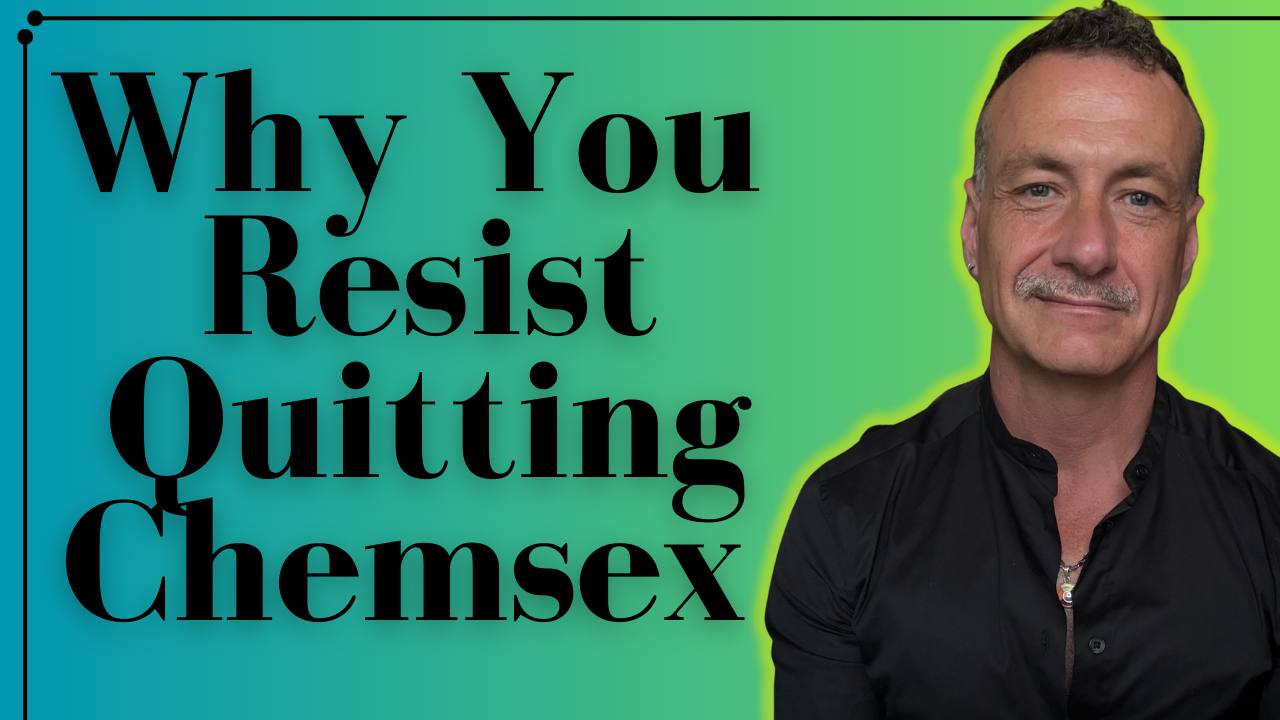
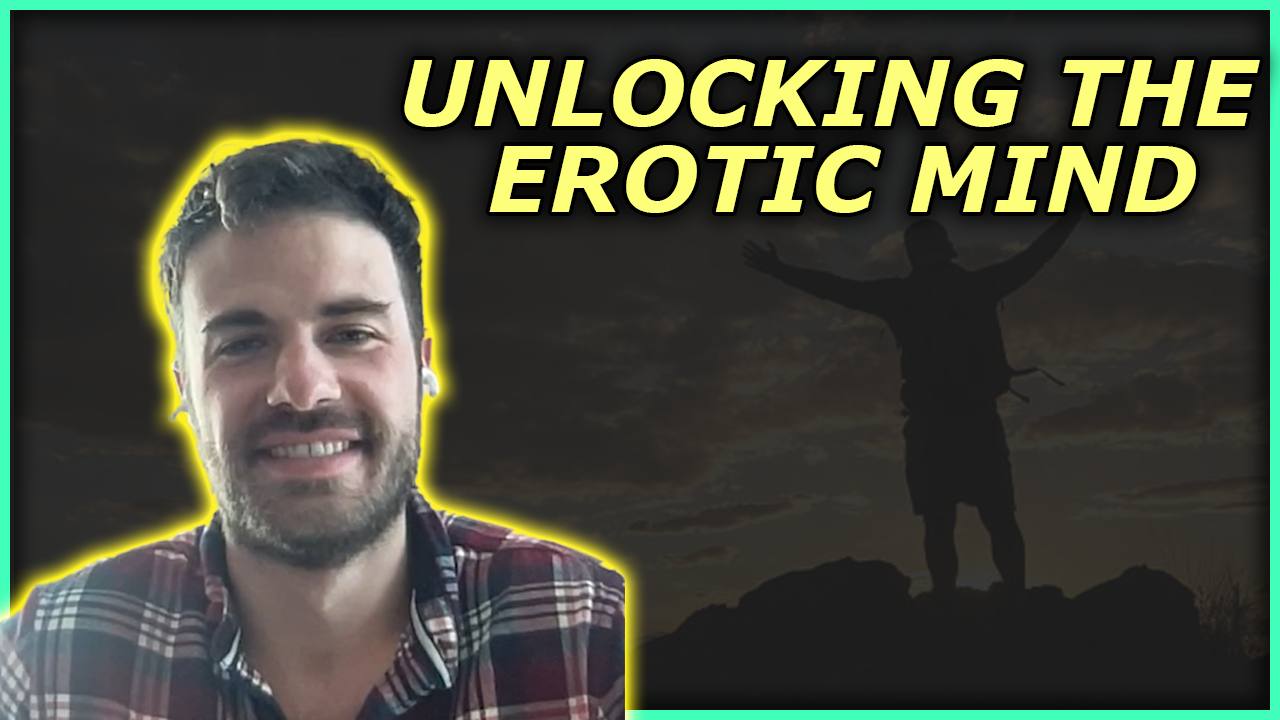
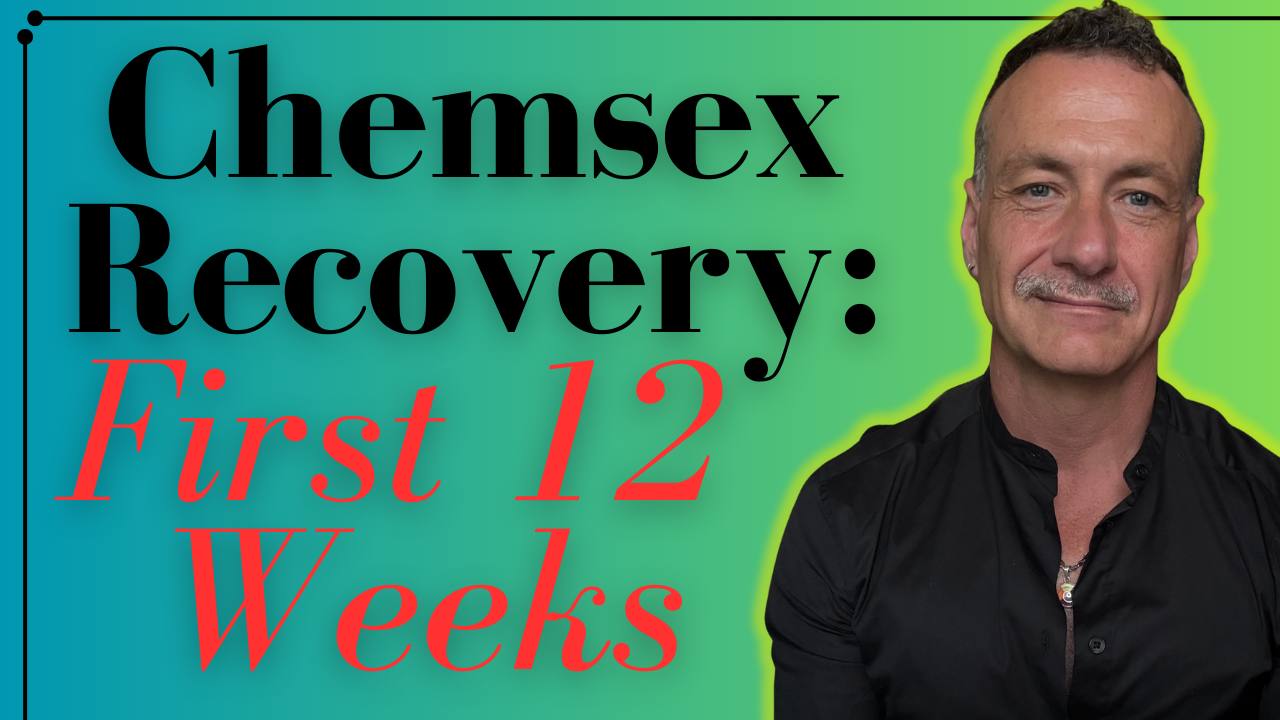

Responses